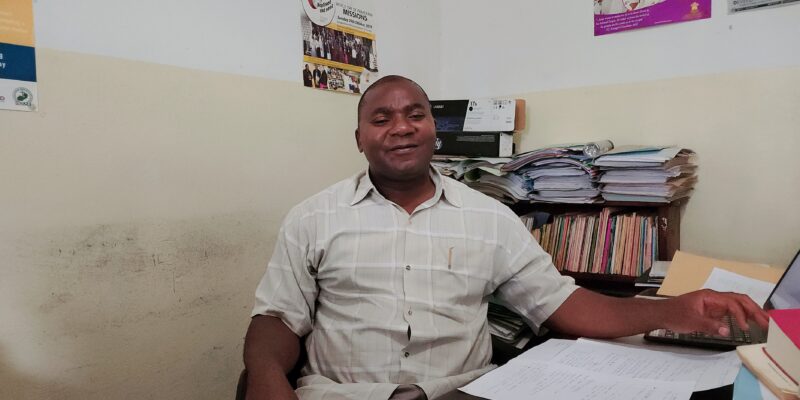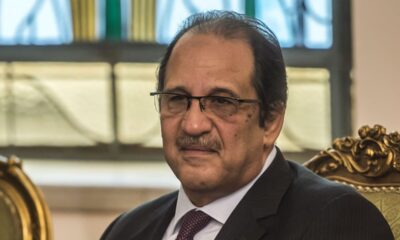The escalating food inflation in Nigeria has been blamed on the purchase of foodstuffs which are then distributed to poor and vulnerable Nigerians as palliatives by the Federal Government.
Governor of the Central Bank of Nigeria (CBN), Olayemi Cardoso, who stated this in an article in the March Monetary Policy Committee (MPC) meeting and published on CBN’s website, said bulk purchase of food items by the government was directly responsible for the rising inflation.
Nigeria’s food inflation rate had risen to a massive 40.01% in March up from 37.92% in February and by March 25, the MPC increased the interest rate from 22.75 percent to 24.75 percent in a bid to tame inflation.
However, while speaking on the inflation, Cardoso said the inflationary pressure had failed to reduce despite increase in the interest rate had stability in the foreign exchange market in February.
“Despite notable stability in the foreign exchange market resulting from decisions taken at that 293rd MPC meeting, inflationary pressure remains unabated,” Cardoso stated.
“While there is the argument that the significant tightening since the last MPC meeting is yet to fully permeate the system and yield its expected impact, the risk of galloping inflation persists.
“If such a hyperinflationary scenario is to become reality, available options to control inflation could be severely constrained.
“From the facts presented to the MPC, there is a clear indication that the monetary factors contributing to inflation are diminishing in their significance.
“This could be considered as evidence of the impact of decisions reached at the 293rd MPC meeting. Staff reports show that the principal drivers of acceleration in inflation are hikes in food and energy prices which are associated with structural factors.
“Further, new dimensions of inflationary pressure are emerging. First, ‘seller inflation’ arising from the oligopolistic structure of commodity markets such as noticed in the prices of local commodities is gaining significance.
“In addition, huge purchases by the government for distribution as palliatives to vulnerable citizenry is adding another dimension to the food price inflation, with seasonal factors of food price increases during religious fasting and festive periods, adding price cyclicality.”
The CBN Governor added that the new sources of inflation were better addressed by the fiscal authorities to complement the efforts of monetary policy.
A member of the MPC, Bala Bello, who also contributed to the debate on the rising inflationary trend, said both “food and core inflation rose in February, underpinning acceleration in headline inflation to 31.70 percent in February from 29.90 percent in the previous month”.
“This continued rise in inflation was mainly due to persisting high production costs, lingering security challenges and exchange rate pressures.
“Inflation is currently unacceptably high and requires decisive and coordinated efforts to curb it, given its adverse impact on citizens’ purchasing power, investment decisions and broad output performance.”

 VenturesNow1 day ago
VenturesNow1 day ago
 Sports1 day ago
Sports1 day ago
 Metro1 day ago
Metro1 day ago
 Culture1 day ago
Culture1 day ago

































